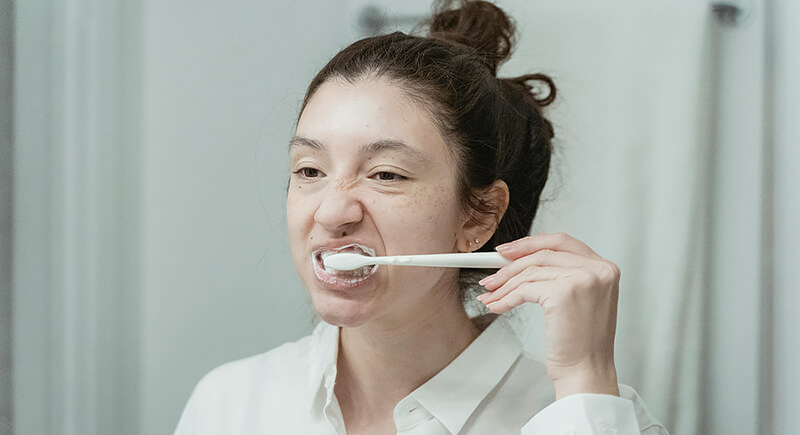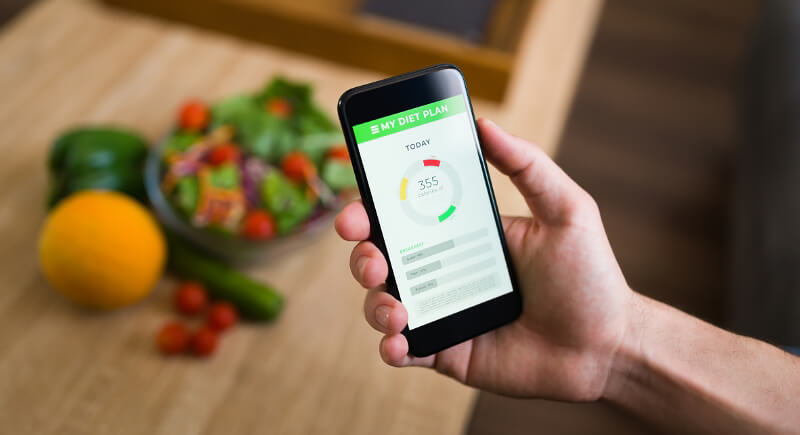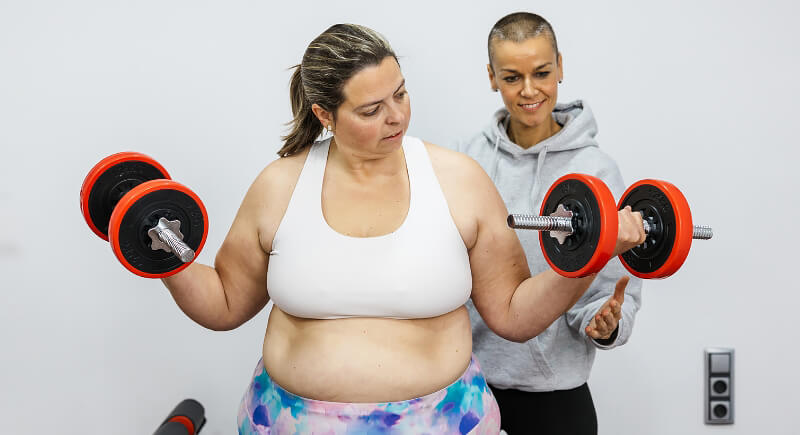20 Overrated “Healthy” Habits That Are a Total Waste of Time
There’s no shortage of health tips online. Every year, a new wave of “healthy” habits promises more energy, fewer cravings, better sleep, and a longer life. However, many of these trends are built on shaky science, outdated ideas, or marketing hype.
You don’t need to overhaul your routine to feel better. In fact, some of the most popular wellness habits are doing absolutely nothing for you.
Here are 20 things you can stop stressing about right now.
Juice Cleanses

Credit: Canva
Juice cleanses are an expensive way to stay hungry. Juice-only diets often spike blood sugar, strip out fiber, and leave you low on energy. Your liver and kidneys already handle detox. There’s no benefit to starving your body for days when whole fruits offer more fiber, fewer crashes, and actual nutritional value.
Detox Teas and Powders

Credit: Getty Images
Most detox teas just make you run to the bathroom. The “clean” feeling is usually water loss from laxatives, not actual detox. Use them too often, and you risk dehydration or disrupting your electrolyte balance. Your body’s already equipped to filter out what it doesn’t need. So there’s no need to add fancy powders to the mix.
Mega-Dosing Supplements

Credit: pexels
More vitamins do not mean more health. In fact, taking too much of some vitamins can harm you over time. Too much A, D, or E can build up in your system and cause health problems over time. Supplements can be beneficial if you have a real deficiency, but they should not replace a healthy diet. Skip the handful of pills and focus on what’s on your plate.
Chasing “Superfoods”

Credit: pexels
Kale, acai, and quinoa get a lot of hype, but no single food can do it all. “Superfood” is just a marketing term. Nutrition experts agree that a balanced diet with a variety of whole foods does far more for your health than any one trendy ingredient ever could.
Never Eating After 7 p.m.

Credit: pexels
There’s nothing special about 7 p.m. since your metabolism doesn’t shut off with the sun. What matters more is what and how much you eat throughout the day. Skipping food when you’re hungry at night can disrupt sleep and mood. Paying attention to overall habits is more effective than sticking to a strict cutoff.
Cutting Out Entire Food Groups

Credit: iStockphoto
Unless you have an allergy or medical reason, cutting out whole food groups is usually not warranted unless guided or indicated. Eliminating whole groups like carbs or fats can cause vitamin and mineral deficiencies. Complex carbs support brain function and energy, while healthy fats aid hormone production. Moderation, not restriction, is what keeps your body strong and happy.
Forcing 5 a.m. Wake-Ups

Credit: pexels
Getting up at dawn isn’t automatically productive, especially if you’re cutting sleep to do it. Experts say that your body performs best when sleep aligns with your natural rhythm. Missing out on rest can raise stress hormones and hurt focus. Plus, inadequate sleep without enough rest can raise cortisol and blood pressure.
Exercising Until Burnout

Credit: Getty Images
More isn’t always better when it comes to working out. Overtraining can raise stress hormones, weaken your immune system, and stall progress. If you’re always sore or drained, your body’s asking for rest, not another workout. Recovery is part of how your body repairs, rebuilds, and actually benefits from the effort you’ve already put in.
Doing Endless Ab Workouts

Credit: Canva
Doing hundreds of crunches won’t make your belly fat disappear if your diet and overall activity aren’t in check. Your body burns fat as a whole, not from targeted areas. Strength-focused, full-body workouts do far more for your core than endless sit-ups ever will.
Over-Analyzing Every Feeling

Credit: pexels
Tuning into your emotions is helpful until it turns into nonstop mental replay. Constantly digging for meaning behind every mood can drain your energy and raise anxiety. Psychologists call this rumination, and it’s linked to sleep problems and low mood. Sometimes, the healthiest move is to notice the feeling and then move on.
Multi-Step Skincare Routines

Credit: pexels
Ten-step routines look impressive online, but most of them don’t make your skin healthier. Dermatologists now lean toward simpler routines, emphasizing just cleanser, moisturizer, and sunscreen for most people. Too many layers can irritate your skin or break down its protective barrier. Consistency with a few basics beats chasing perfect skin through endless steps.
Brushing or Flossing Too Often

Credit: pexels
Most dentists recommend brushing your teeth twice a day and flossing once a day. That’s all you need to keep your teeth and gums healthy. More than twice a day or scrubbing too hard can wear down enamel and irritate your gums.
Annual Full-Body Scans

Credit: pexels
These scans seem proactive, but they often create more problems than they solve. Without symptoms, full-body imaging can trigger false alarms, unnecessary follow-ups, and radiation exposure. Experts recommend sticking to age- and risk-based screenings instead. When it comes to prevention, routine doctor visits are more effective than a single comprehensive scan.
Only Doing Cardio

Credit: pexels
Skipping strength training can lead to weaker bones, slower metabolism, and less muscle. Lifting weights or doing resistance exercises keeps your body strong and functional as you age. Combining cardio with resistance training improves cardiovascular and musculoskeletal health.
Prioritizing Aesthetics Over Function

Credit: pexels
Experts stress physical performance, not appearance, as the smarter long-term goal for staying active and independent. Chasing visible abs might look good in photos, but it won’t help you lift a suitcase or avoid injury. Fitness that improves how you move, like strength and mobility training, pays off in real life.
Tracking Every Bite

Credit: Getty Images
Food tracking apps can help you learn portion sizes, but counting every calorie can hurt your relationship with food. It can make eating stressful and turn meals into math problems. Flexible awareness over rigid control ensures meals stay nourishing without becoming another thing to obsess over.
Cutting Out All Caffeine

Credit: Canva
Quitting caffeine completely is often seen as a wellness win, but moderate coffee or tea isn’t harmful for most people. In fact, caffeine can support alertness, mood, and even metabolic health. The problem lies in overdoing it or using it to replace sleep. A cup or two is perfectly reasonable for most adults.
Drinking Gallons of Water

Credit: pexels
According to the National Academies of Sciences, daily hydration needs average 3.7 liters for men and 2.7 liters for women, but this includes food and other beverages. You don’t need to carry a giant water jug everywhere. If you’re not thirsty, you’re likely hydrated enough. Overdrinking can dilute electrolytes and lead to hyponatremia.
Buying “Wellness” Gadgets

Credit: pexels
Use tools if they motivate you, but don’t rely on them to change your health. Data doesn’t help if you don’t act on it. These tools may boost short-term motivation, but lasting results still come from daily habits, not the device on your wrist.
Constant “Self-Improvement” Challenges

Credit: Canva
Hard resets like cold plunges or 75-day marathons sound motivating, but they rarely lead to lasting change. Once the challenge ends, so do the habits. Small, identity-based routines work better long-term. It’s more effective to build habits you enjoy than to push through extremes you’ll abandon later.